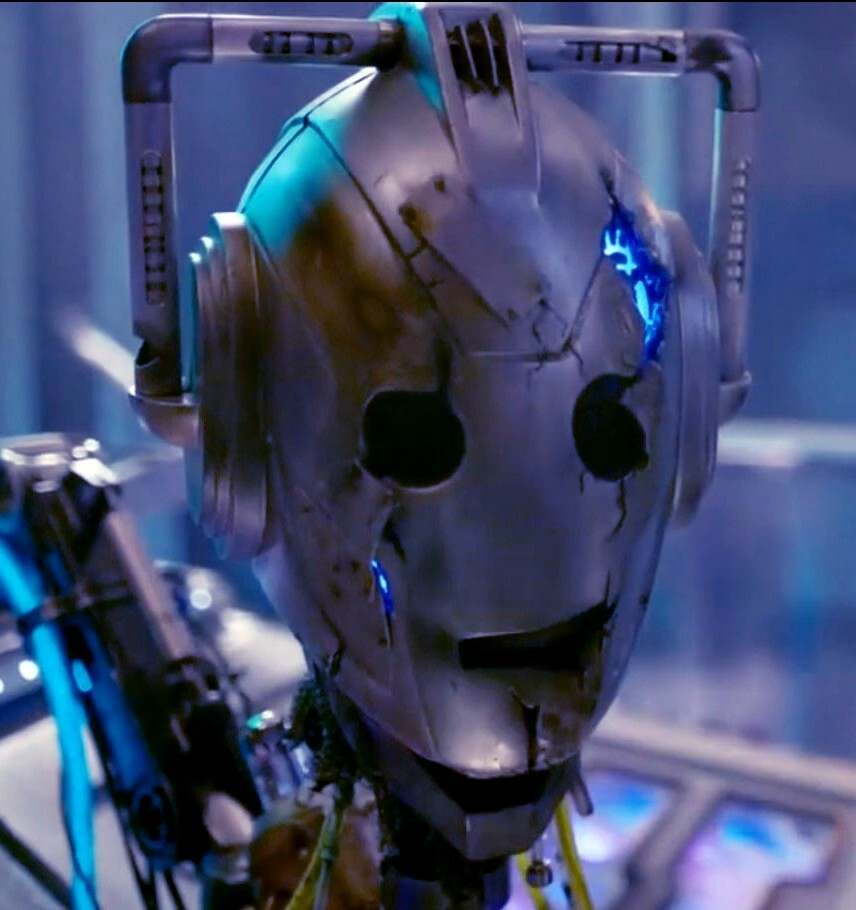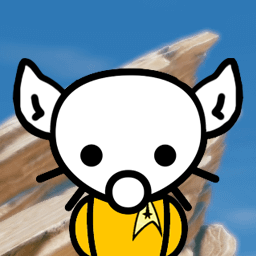I have mixed feelings about Disco ending. I really dug the first season’s look at a Federation at war, and following the person who arguably set that war in motion dealing with her culpability. Add to that a ship that is part weird science lab, part haunted house. And yeah, I could live with the Klingon redesign.
It was inventive, it took risks and broke some moulds — and not always successfully, mind you. But I stuck with it from the hopeful “First three seasons are for growing pains” Trek paradigm.
Then the show took some odd turns. Rather than focusing on the crew’s adventures in space and science, season two constructed a cosmic conundrum around Burnham and her family. I was still on board for the characters, even bearded Spock no matter how shoehorned in he felt. The show’s unapologetic optimism was still a big selling point, too.
With season three came the time jump into a future that absolutely does not feel like it’s a thousand years ahead of the previous season. The jump in technology should be proportional to a Viking longboat rocking up to the ISS, but it felt like a step back. And at this point, the extended crew of the Discovery was thoroughly sidelined: Burnham’s personal relationships took priority over everything else.
For one example: As great as Michelle Yeoh is, the show basically redeemed a murderous space despot because… she reminded Burnham of her Starfleet counterpart?! I’m going to stop you right there, Captain “This is Starfleet” — this is a person who kept rubbing in Saru’s face how familiar she was with the taste of his species’ flesh.
I’ll keep watching Disco through to its end because I’m invested in the remaining characters, but this isn’t the show I apprehensively fell in love with anymore. Its strengths are all but gone, its faults enhanced, and its commercial(?) failure seems to have convinced the Powers That Be that future Star Trek needs to be grounded in nostalgia for previous eras.
I will miss the first season’s promise of new, daring Trek shows writ large, and as much as I liked Pike and his crew in season two, SNW leans too heavily and knowingly on the franchise’s campier canon for my taste (I know I’m in a minority with that opinion, and I’m not here to argue for or against). With peak TV fading, I’m afraid we won’t see anything as bold as TNG, DS9 — or early Discovery — again.


For what it’s worth, I’ll maintain that Burnham’s character was great in driving action forward (ie. throwing herself blindly into conflicts), and I think Sonequa Martin-Green has been a terrific actor and ambassador for Trek and Disco. If the show instead had put that much focus on Saru or, heck, Bryce over the course of four (soon five) seasons, that would have been a bit much, too.
That’s very true, and as an actor Sonequa does really give the role everything she has. I think that touches on one of the other commenter’s points a bit: Trek seems to thrive when they balance the story load between characters. When a lot of plot weight is put on to one character it starts to feel like they are simply a plot device. I’ve heard complaints about Kirk in TOS suffering from this as well, but perhaps nostalgia keeps me from being too offended 😄.
Your comment made me realize something that is a the root of why I never connected with the Michael Burnham character or Sonequa’s acting, and its linked (from a writing perspective) to Ethan Peck’s Spock: they’re both portraying the clash of human and Vulcan culture, with a few key differences. Spock is a half-vulcan, half-human that was raised and shaped by Vulcan culture. Ethan portrays someone who is firmly rooted in logic, but struggles to control the human emotional elements within him. The key to his character growth is accepting and unifying the two halves of himself (although Trek as a series is not always clear about this. Sometimes it seems they indicate he does best when suppressing the human side, not integrating it.) Burnham is full human and raised through her formative years by human parents, but then goes through a massive childhood trauma and is adopted and given formal training on Vulcan. Sonequa portrays someone who tries to firmly root herself in logic, but who suffers greatly because that denies the experience of her inner self. The key to her character growth is rebelling against the expectations others (and she herself) had put on her in order to discover (pun intended 😏) who she actually is. Which of these two struggles we connect with depends on our own childhood and emotional make up, and the other may seem foreign and empty simply because we haven’t experienced it. Spock’s struggles always seemed more realistic and balanced to me with Burnham coming across like a teenage edgelord rebelling against her parents. I think now I’ll be looking at it very differently, and it makes me excited to see what Season 4 brings. I might do some rewatches of the early seasons too, if I can ever finish working my way through Voyager 😅. Thank you for your comment, sorry mine is so long, brevity is not my strong suite 😵💫
And one more thing I agree with from your original post: Star Trek as a franchise really struggles “To boldly go where no one has gone before” anymore. The studio clearly values success over quality and the reliance on nostalgia for current shows is very disappointing. There are glimmers here and there, maybe the section 31 movie will bring some fresh air to the writing table.
Oh, never apologise for explaining such a good point at length! Ever so often watching Discovery I’ve had to remind myself that Burnham is partially raised Vulcan, and that that background at odds with her humanity is part of motivating her actions. Sometimes the writers are subtle about it, sometimes not so much.
Ah, I see what they did there…! 🤣
As for innovation seeping back into the shows, my hopes are also for a Starfleet academy show because it’s such a shift in setting and age group from what we’ve seen before. On the other hand, with Paramount dropping Prodigy and closing Disco to focus on SNW, they’re really circling the wagons around the well-known formulae and characters.
I sort of feel like Disco was our shot at reinventing Trek for the 21st century, and they dropped the ball early on.